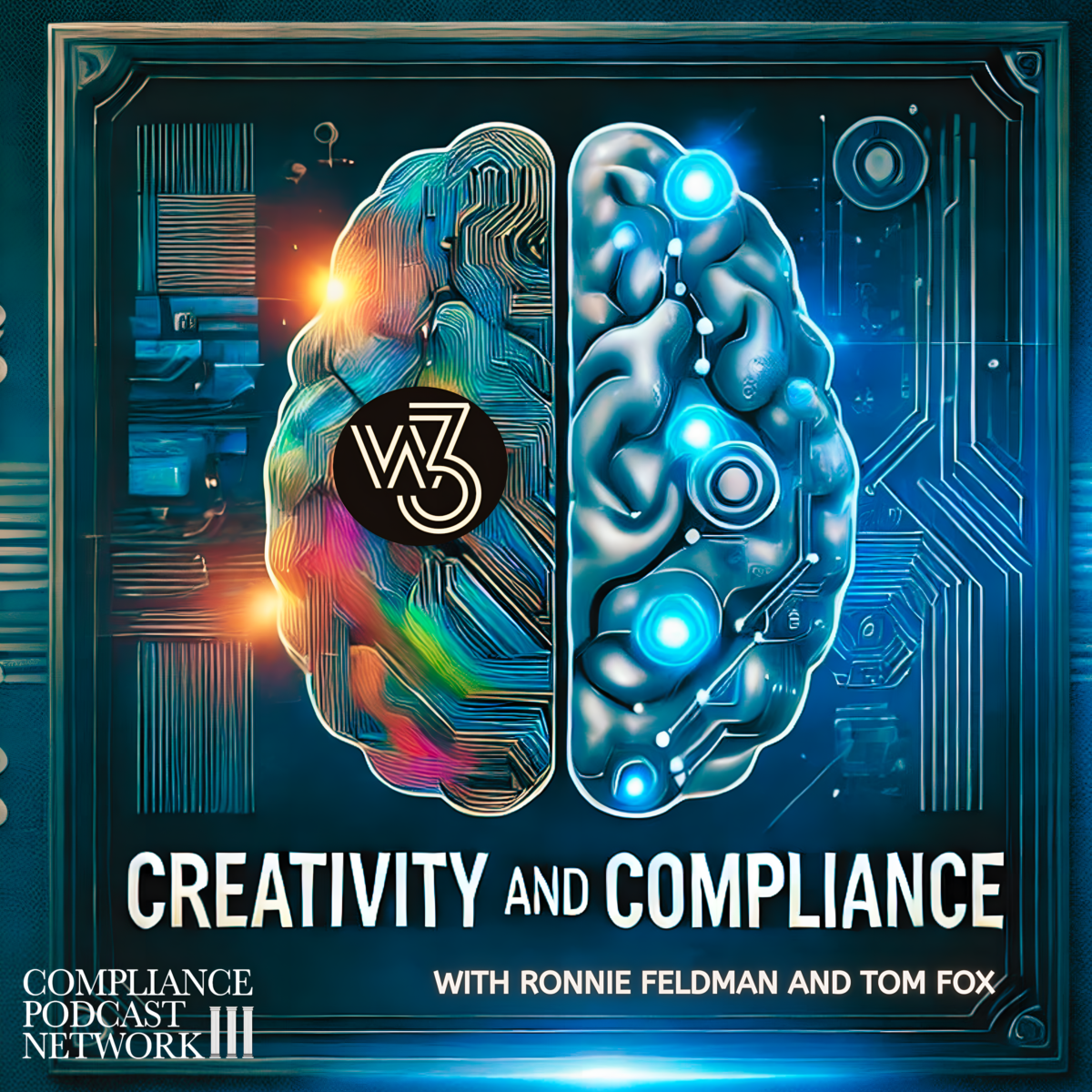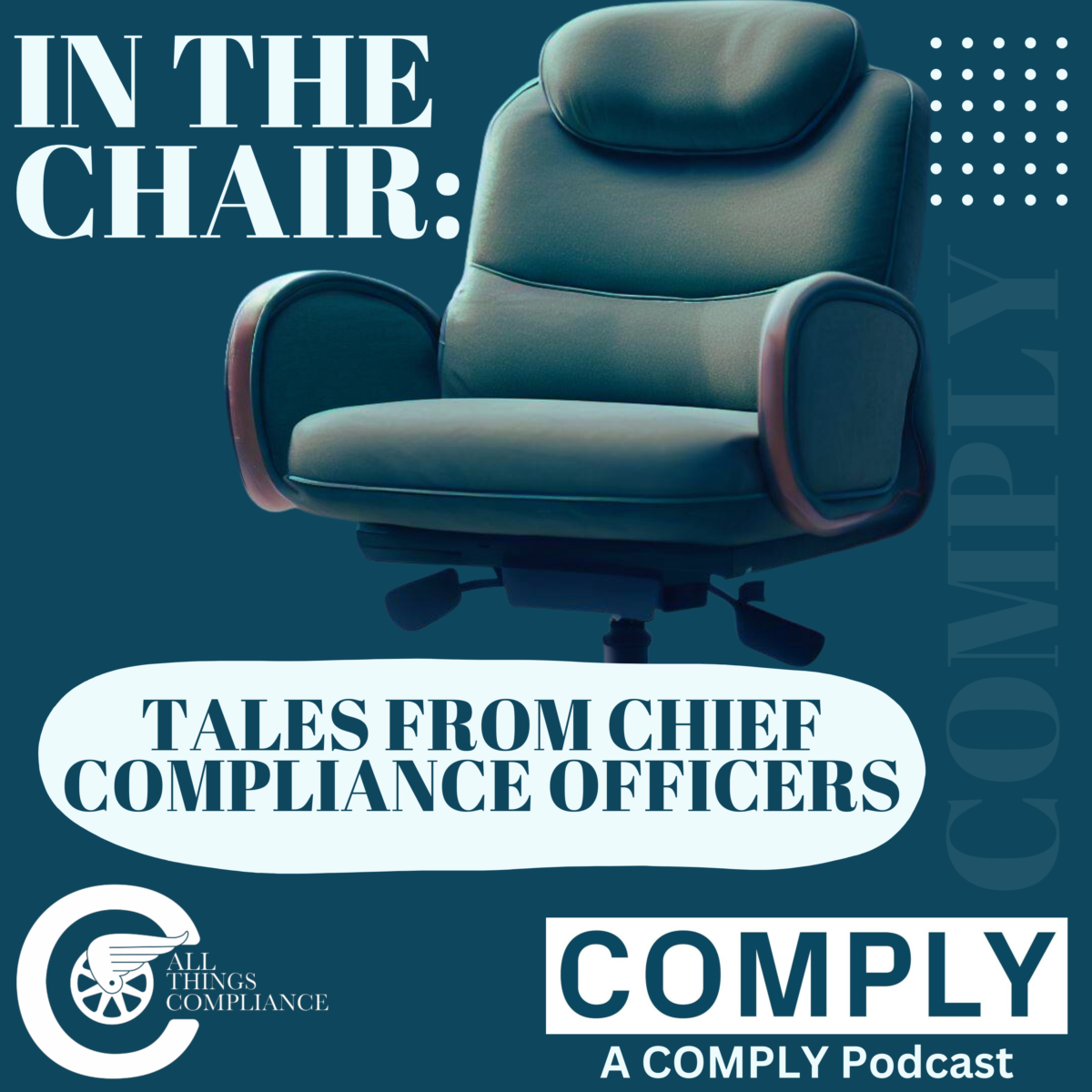Ed. Note: We interrupt our series on how compliance professionals can up their game through GenAI with our annual tribute to the fall of the Alamo and compliance professionals. We’ll be back again tomorrow with more on upping your game.
Today is the anniversary of the most historic day of many in the history of the great state of Texas, the date of the fall of the Alamo. While March 2, Texas Independence Day, is when Texas declared its independence from Mexico, and April 21, San Jacinto Day, is when Texas won its independence from Mexico, probably both have more long-lasting significance. If there is one word that Texas is known for around the world, it is the Alamo. The Alamo was a crumbling Catholic mission in San Antonio where 189 men were held out for 13 days by the Mexican Army of General Santa Anna, which numbered approximately 5,000. But in 1836, Santa Anna unleashed his forces, which overran the mission and killed all the fighting men. Those who did not die in the attack were executed, and all the deceased bodies were unceremoniously burned. Proving he was not without chivalry, Santa Anna spared the lives of the Alamo’s women, children, and slaves. But for Texans across the globe, this is our day.
While Thermopylae will always go down as the greatest ‘Last Stand’ battle in history, the Alamo is in contention for Number 2. Like all such battles, sometimes the myth becomes the legend, and the legend becomes the reality. In Thermopylae, the myth is that 300 Spartans stood against the entire 10,000-man Persian Army. However, there was also a force of 700 Thespians (not actors, but citizens from the City-State of Thespi) and a contingent of 400 Thebans fighting alongside the 300 Spartans. Somehow, their sacrifices have been lost to history.
Likewise, the legend that lifts the battle of the Alamo to the land of myth is the line in the sand. The story goes that William Barrett Travis, on March 5, the day before the final attack, when it was clear that no reinforcements would arrive in time and everyone who stayed would perish, called all his men into the plaza of the compound. He then pulled out his saber and drew a line in the ground. He said that they were surrounded and would all likely die if they stayed. Any man who wanted to stay and die for Texas should cross the line and stand with him. Only one man, Moses Rose, declined to cross the line. The immediate survivors of the battle did not relate to this story after they were rescued, and this line in the sand tale did not appear until the 1880s.
But the thing about ‘last stand’ battles is that they generally turn out badly for the losers. Very badly. I thought about this when Chuck Duross, back when he was head of the Department of Justice’s (DOJ) Foreign Corrupt Practices Act (FCPA) unit, said at a conference that he viewed anti-corruption compliance practitioners as “The Alamo” in terms of the last line of defense in the prevention of compliance violations. I gingerly raised my hand and acknowledged his tribute to the great state of Texas but pointed out that all the defenders were slaughtered, so perhaps another analogy was appropriate. Everyone had a good laugh back then at the conference. But in reflecting on the history of my state and what the Alamo means to us all, I have wondered if my initial response was too facile.
What happens to a Chief Compliance Officer (CCO) or compliance practitioner when they have to make a stand? Do they make the ultimate corporate sacrifice? Will they receive the equivalent of a corporate execution as the defenders of the Alamo received? This worrisome issue occurred even if the person’resigned to pursue other opportunities.’ Michael Scher has been a leading voice for the protection of compliance officers. In a post entitled Michael Scher Talks to the Feds, he said, “A compliance officer (CO) working in Asia asked for recognition and protection: “A CO will not stand up against the huge pressure to maintain compliance standards if he does not get sufficient protection under the law. Most COs working in overseas operations of U.S. companies are not U.S. citizens, but they are usually the first to find the violations. Since the FCPA deals with foreign corruption, how could the DOJ and SEC not protect these COs? “
The DOJ is now looking at the quality of your CCO and compliance function and how they are perceived, treated, and received in the corporate setting. In the 2024 Evaluation of Corporate Compliance Programs (2024 ECCP), the DOJ expanded its inquiry to evaluate the “sufficiency of the personnel and resources within the compliance function, in particular, whether those responsible for compliance have: (1) sufficient seniority within the organization; (2) sufficient resources, namely, staff to effectively undertake the requisite auditing, documentation, and analysis; and (3) sufficient autonomy from management, such as direct access to the board of directors or the board’s audit committee.”
Further, there were four specific areas of inquiry and evaluation: (1) Structure, (2) Experience and Qualifications, (3) Funding and Resources, and (4) Autonomy.
In the section entitled “Structure,” the evaluation made the following inquiries:
- How does the compliance function compare with other strategic functions in the company in terms of stature, compensation levels, rank/title, reporting line, resources, and access to key decision-makers?
- What has been the turnover rate for compliance and relevant control function personnel?
- What role has compliance played in the company’s strategic and operational decisions? How has the company responded to specific instances where compliance raised concerns?
- Have there been transactions or deals that were stopped, modified, or further scrutinized because of compliance concerns?
In the section entitled “Experience and Qualifications,” the 2024 ECCP made the following inquiries:
- Do compliance and control personnel have the appropriate experience and qualifications for their roles and responsibilities?
- Has the level of experience and qualifications in these roles changed over time?
- Who reviews the performance of the compliance function, and what is the review process?
In the area of “Funding and Resources,” the 2024 ECCP asked:
- Has there been sufficient staffing for compliance personnel to effectively audit, document, analyze, and act on the results of the compliance efforts?
- Has the company allocated sufficient funds for this?
- Have there been times when requests for resources by compliance and control functions have been denied, and if so, on what grounds?
Finally, in the area of “Autonomy,” the 2024 ECCP asked:
- Do the compliance and relevant control functions have direct reporting lines to anyone on the board of directors and/or audit committee?
- How often do they meet with directors?
- Are members of the senior management present for these meetings?
- How does the company ensure the independence of the compliance and control personnel?
These were all deeper and more robust, focusing on the CCO and compliance team from the DOJ. If your compliance team is run on a shoestring, you will likely be downgraded for your overall commitment to doing business in compliance with the FCPA. The same is true for promotions and other opportunities for advancement within an organization. Not many organizations have such a mature compliance function that a CCO is appointed to another senior-level position.
Upon further reflection, Duross was correct, and the Alamo reference was appropriate for compliance officers. It is because sometimes we must draw a line in the sand to management. And when we do, we have to cross that line to get on the right side of the issue, and the consequences be damned. The DOJ has clarified that they expect CCOs and compliance professionals to draw that line when they must do so, and when they do, companies must heed their warnings.











 John Gentile is responsible for overseeing various types of broker-dealer and investment adviser consulting engagements, including conducting SEC/FINRA internal control reviews, anti-money laundering testing, written supervisory policy and procedures testing, and other consultation services. John is a frequent speaker at industry conferences on various compliance topics, including “Effective Supervision,” “Large Firm Testing,” FINRA Supervisory Control Rules” and “Anti Money Laundering Requirements for Broker Dealers under the PATRIOT Act.” In 1987 John joined the SEC as a Securities Compliance Examiner, becoming a Branch Chief in 1991. He became Assistant Regional Director in 1993, supervising a team of 20 broker-dealer managers and examiners. He also planned and conducted financial, operational, and sales practice examinations of the largest broker dealers and was among those responsible for a review of hedge funds’ impact on broker dealer internal controls. Before joining the SEC, John was a Financial Damage Analyst with PaineWebber Inc. Most recently from 2000-2007 John was an Executive Consultant, Broker-Dealer Services, at National Regulatory Services. John has an MBA from Fordham University and a BS in Finance from Central Connecticut State University. From 1995 to 2002, John was also a member of the Securities Industry Continuing Education East Coast Content Committee.
John Gentile is responsible for overseeing various types of broker-dealer and investment adviser consulting engagements, including conducting SEC/FINRA internal control reviews, anti-money laundering testing, written supervisory policy and procedures testing, and other consultation services. John is a frequent speaker at industry conferences on various compliance topics, including “Effective Supervision,” “Large Firm Testing,” FINRA Supervisory Control Rules” and “Anti Money Laundering Requirements for Broker Dealers under the PATRIOT Act.” In 1987 John joined the SEC as a Securities Compliance Examiner, becoming a Branch Chief in 1991. He became Assistant Regional Director in 1993, supervising a team of 20 broker-dealer managers and examiners. He also planned and conducted financial, operational, and sales practice examinations of the largest broker dealers and was among those responsible for a review of hedge funds’ impact on broker dealer internal controls. Before joining the SEC, John was a Financial Damage Analyst with PaineWebber Inc. Most recently from 2000-2007 John was an Executive Consultant, Broker-Dealer Services, at National Regulatory Services. John has an MBA from Fordham University and a BS in Finance from Central Connecticut State University. From 1995 to 2002, John was also a member of the Securities Industry Continuing Education East Coast Content Committee.

 Adam DiPaolo CISA, CRISC is a Section 13 Reporting Manager, Senior Consultant and Associate General Counsel at CSS. Adam designs practical solutions to manage regulatory challenges faced by hedge funds, private equity funds, funds of funds, and other investment advisers. In addition to providing compliance services such as annual compliance program reviews, risk assessments and acquisition due diligence, Adam established Section 13 reporting capabilities and EDGAR filing agent services for CSS’s Compliance Services division. He drafts and maintains corporate filings ranging from Forms ADV and PF to Forms 13F and 13H. Adam also provides cybersecurity risk management services to CSS clients – ranging from network vulnerability scanning to onsite cybersecurity risk assessments to assistance in implementing the NIST cybersecurity framework. He is a Certified Information Systems Auditor (CISA®), and Certified in Risk and Information Systems Control (CRISC™). Adam practiced corporate law prior to joining CSS and has an extensive background in both the public and private sectors. Adam served as Assistant General Counsel at Capgemini – one of the world’s largest providers of Consulting, Technology and Outsourcing services. As in-house counsel to a global consulting business, he implemented pragmatic strategies to resolve complex legal and regulatory issues. Adam earned his B.A. from Pitzer College, his J.D. degree from UC Berkeley – Boalt Hall School of Law, and his LL.M. in Taxation from New York University School of Law. He is a member of the New York State Bar.
Adam DiPaolo CISA, CRISC is a Section 13 Reporting Manager, Senior Consultant and Associate General Counsel at CSS. Adam designs practical solutions to manage regulatory challenges faced by hedge funds, private equity funds, funds of funds, and other investment advisers. In addition to providing compliance services such as annual compliance program reviews, risk assessments and acquisition due diligence, Adam established Section 13 reporting capabilities and EDGAR filing agent services for CSS’s Compliance Services division. He drafts and maintains corporate filings ranging from Forms ADV and PF to Forms 13F and 13H. Adam also provides cybersecurity risk management services to CSS clients – ranging from network vulnerability scanning to onsite cybersecurity risk assessments to assistance in implementing the NIST cybersecurity framework. He is a Certified Information Systems Auditor (CISA®), and Certified in Risk and Information Systems Control (CRISC™). Adam practiced corporate law prior to joining CSS and has an extensive background in both the public and private sectors. Adam served as Assistant General Counsel at Capgemini – one of the world’s largest providers of Consulting, Technology and Outsourcing services. As in-house counsel to a global consulting business, he implemented pragmatic strategies to resolve complex legal and regulatory issues. Adam earned his B.A. from Pitzer College, his J.D. degree from UC Berkeley – Boalt Hall School of Law, and his LL.M. in Taxation from New York University School of Law. He is a member of the New York State Bar.



